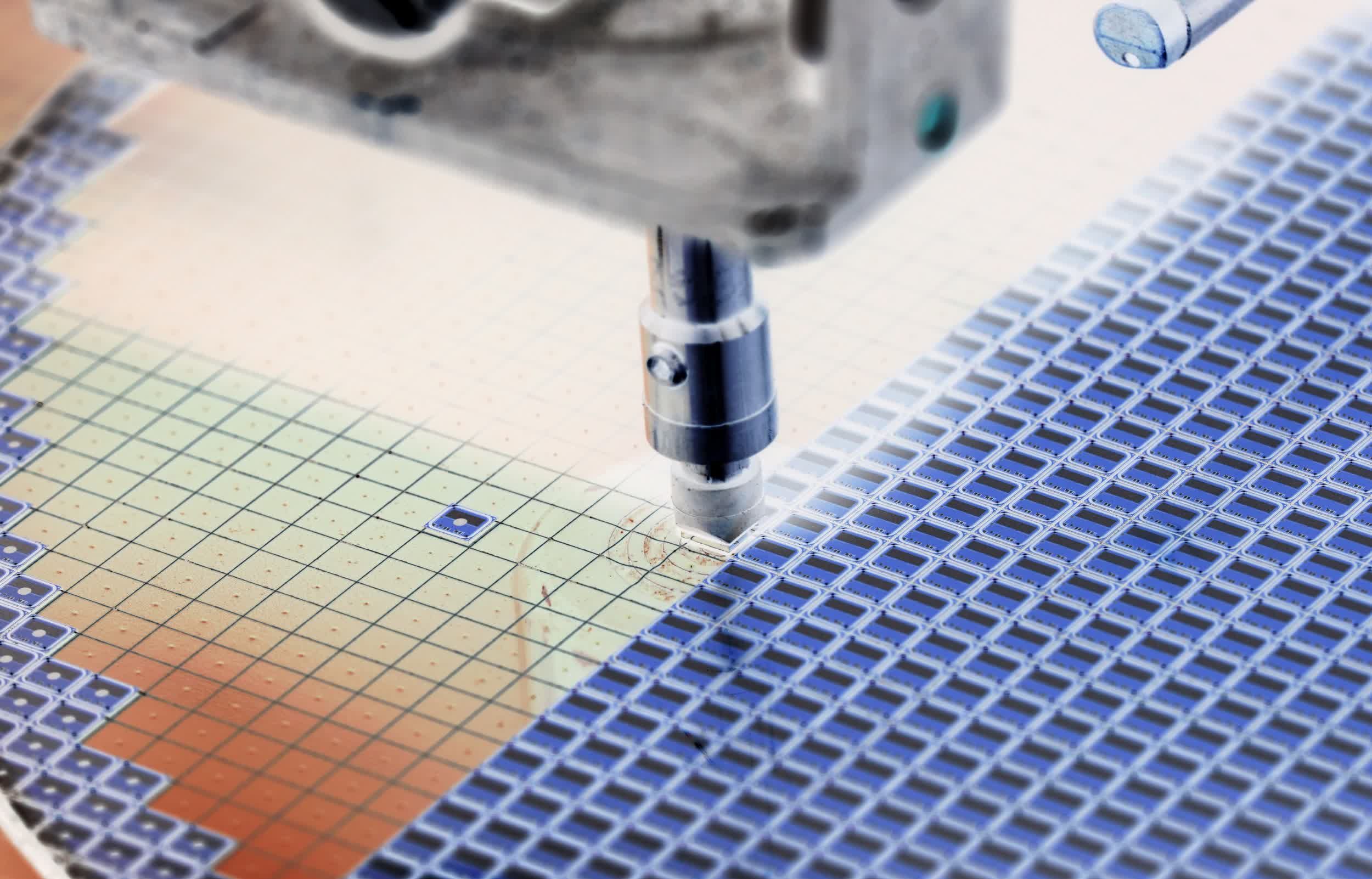Facepalm: Certain types of silicon have longer lead times. Bloomberg, citing Susquehanna Financial Group data, said microcontrollers that control functions in vehicles, home electronics and industrial equipment, now have lead times of 26.5 weeks. The average wait time for logic chips like these is six to nine weeks.

We’ve heard multiple stories regarding the ongoing chip shortage and how long it could potentially stretch on. Just last month, for example, TSMC said it expected the auto industry shortage to start to subside in the coming months but anticipated the overall semiconductor industry to continue to struggle into 2022.
Intel CEO Pat Gelsinger also believes it could be another couple of years until the industry is back on track.
The latest research data from Susquehanna Financial Group seems to validate these predictions.
According to the company, chip lead times – the amount of time that passes between when a company orders a semiconductor and when it takes delivery – increased to 20.2 weeks in July. That’s more than eight days longer than in June. It’s the longest gap the firm has witnessed since it started tracking chip lead times in 2017.

Lead times for power management chips that regulate the flow of electricity in a variety of devices have been reduced, the publication added.
Shares in tech companies like Micron Technology and Nvidia are down more than two percent today on the news.
With the holidays looming and chip lead times growing, it could be another tough period for retailers and consumers alike. Of course, chipmakers like TSMC aren't complaining one bit.
https://www.techspot.com/news/90756-chip-delivery-times-reach-record-levels-shortage-drags.html